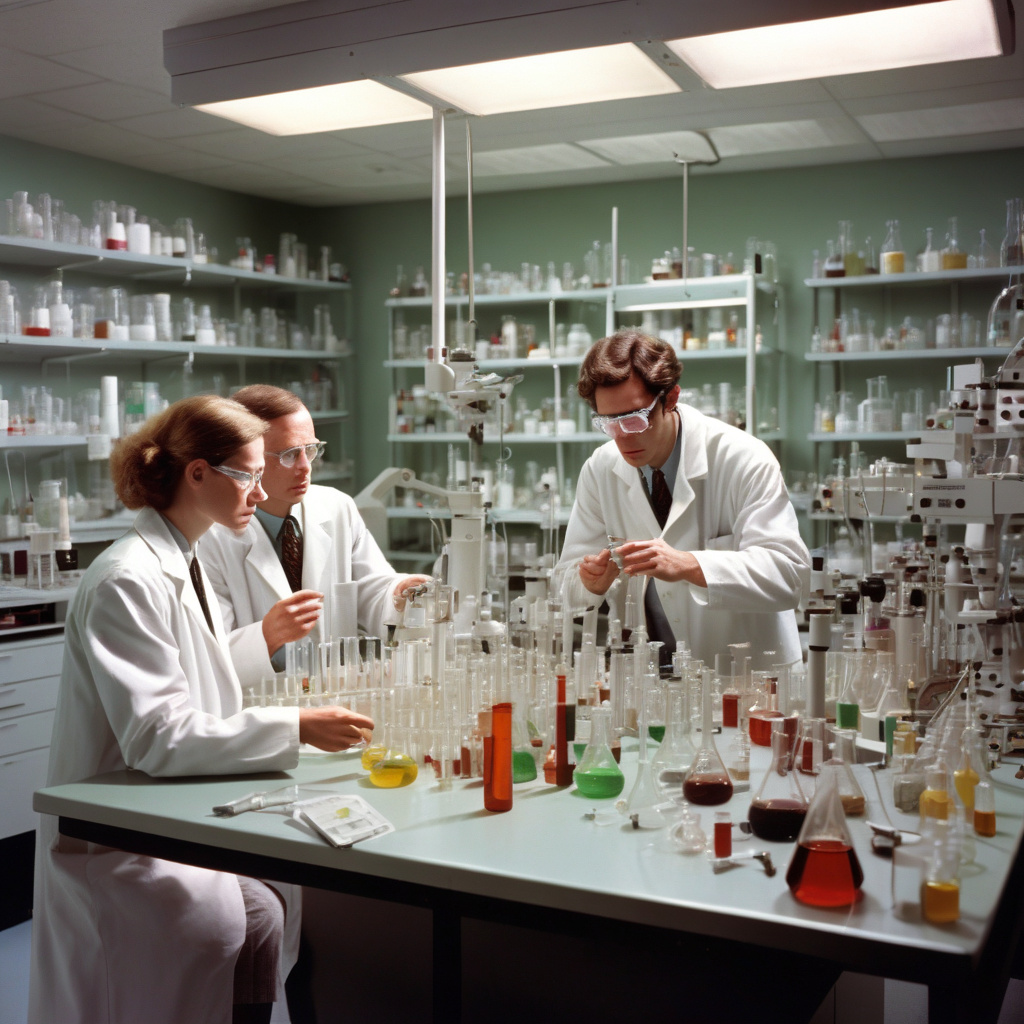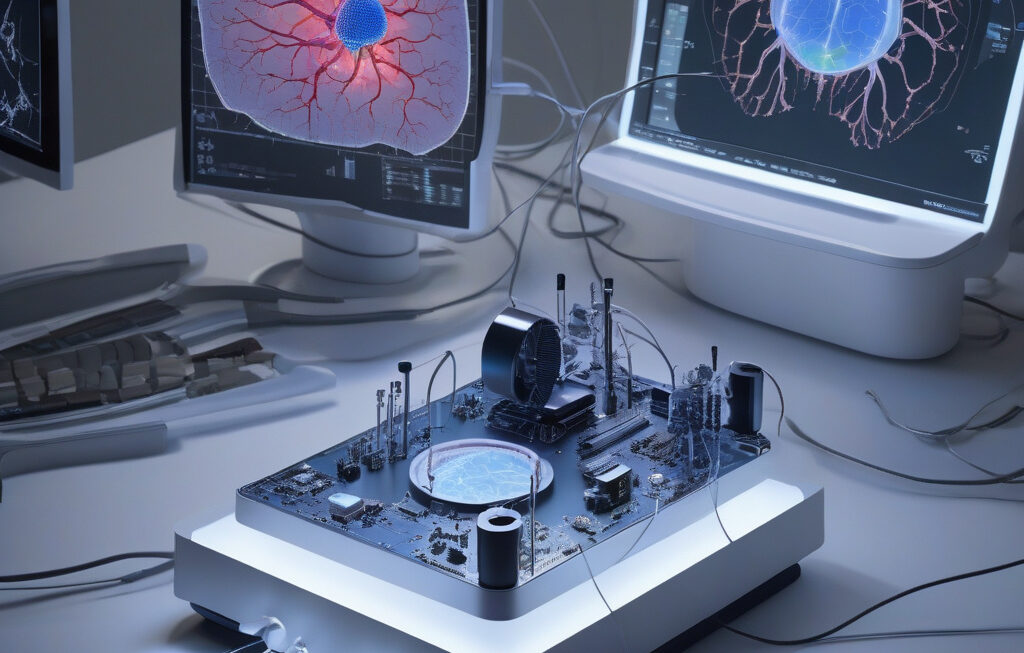US Scientists Engineer Safer LSD to Treat Schizophrenia and Boost Brain Function
Since its discovery in the 1940s, LSD has fascinated the scientific world for its profound effects on the human mind. Initially researched for its potential therapeutic benefits, LSD, also known as acid, gained notoriety for its association with the counterculture movement of the 1960s. However, recent advancements in neuroscience have reignited interest in the therapeutic potential of LSD, leading a team of US scientists to engineer a safer version of the drug for the treatment of schizophrenia and to enhance brain function.
Schizophrenia is a complex and debilitating mental disorder that affects how a person thinks, feels, and behaves. Current treatment options for schizophrenia, such as antipsychotic medications, come with a host of side effects and are not always effective for all patients. This has prompted researchers to explore alternative treatments, including psychedelic drugs like LSD. The challenge, however, has been to harness the therapeutic benefits of LSD while minimizing its potential for adverse reactions.
The team of US scientists, led by Dr. Emily Collins, a renowned neuroscientist, has made significant strides in addressing this challenge. By modifying the chemical structure of LSD, they have developed a novel compound, known as LSD-Alpha, that retains the therapeutic effects of LSD while reducing the risk of negative side effects. In preclinical studies on animal models, LSD-Alpha has shown promising results in alleviating symptoms of schizophrenia without causing the hallucinogenic effects commonly associated with LSD.
One of the key advantages of LSD-Alpha is its targeted mechanism of action in the brain. Unlike traditional antipsychotic medications that can have broad effects on neurotransmitter systems, LSD-Alpha specifically targets serotonin receptors in the brain that are believed to play a role in the development of schizophrenia. This targeted approach not only enhances the drug’s effectiveness but also minimizes the risk of off-target effects, making it a safer alternative for patients.
In addition to its potential in treating schizophrenia, LSD-Alpha has also shown promise in enhancing brain function and cognition. Studies have demonstrated that low doses of LSD can improve cognitive flexibility, creativity, and mood in healthy individuals. By fine-tuning the chemical structure of LSD to create LSD-Alpha, researchers aim to capitalize on these cognitive-enhancing effects while mitigating the hallucinogenic properties that have limited the medical use of LSD in the past.
The development of LSD-Alpha represents a significant advancement in the field of psychedelic-assisted therapy and cognitive enhancement. With further research and clinical trials, LSD-Alpha could potentially offer a new approach to treating schizophrenia and improving cognitive function in both patients and healthy individuals. The work of Dr. Emily Collins and her team underscores the importance of innovation and collaboration in pushing the boundaries of traditional psychiatric treatments and exploring new frontiers in neuroscience.
As we look to the future of mental health treatment and cognitive enhancement, the engineered safer version of LSD holds promise for addressing unmet medical needs and unlocking the full potential of the human brain.
US, Scientists, LSD, Schizophrenia, BrainFunction












